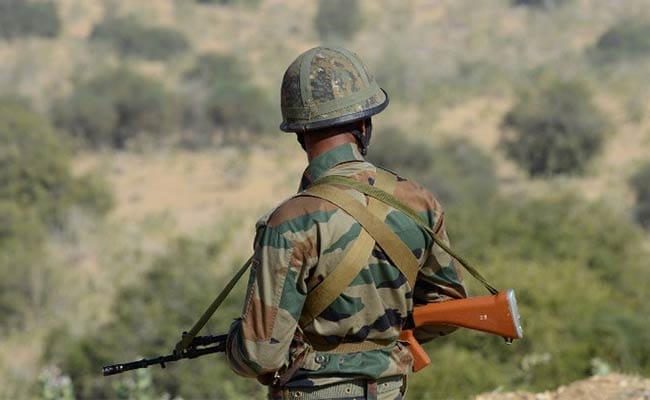
The army, police and paramilitary cannot use excessive force in disturbed areas, the Supreme Court said today in a significant ruling on a petition by activists in Manipur, where the controversial Armed Forces Special Powers Act or AFSPA gives the army sweeping emergency powers.
Here are 10 points on this story:
"If members of our armed forces are deployed and employed to kill citizens of our country on the mere allegation or suspicion that they are 'enemy', not only the rule of law but our democracy would be in grave danger," the court said.
The judges also said: "Killing an 'enemy' is not the only available solution and that is what the Geneva Conventions and the principles of international humanitarian law tell us."
Security forces are not immune to legal scrutiny if there are allegations against them of human rights abuse.
More than 1,500 fake encounters in Manipur between 2000 and 2012 will be investigated by an independent agency, the court said.
A petition against these encounters was filed a few years ago by an Imphal-based human rights organisation and relatives of those who died.
The Supreme Court had earlier asked former judge and lokayukta Santosh Hedge to investigate around 60 randomly selected cases. All were found fake, but the findings have been disputed by security forces in Manipur.
The court said each instance of alleged extra-judicial killing has to be "examined or thoroughly enquired into to ascertain and determine the facts."
Activist Irom Sharmila, who has been force-fed since she went on a hunger strike 16 years ago, has become the symbol of protests against alleged army atrocities in Manipur.
AFSPA allows soldiers legal immunity when they are operating in "disturbed areas" or states dealing with separatists or insurgents. Soldiers are allowed to make arrests without warrants or raid any location.
Activists allege the law has been misused and has led to gross human rights violations.

